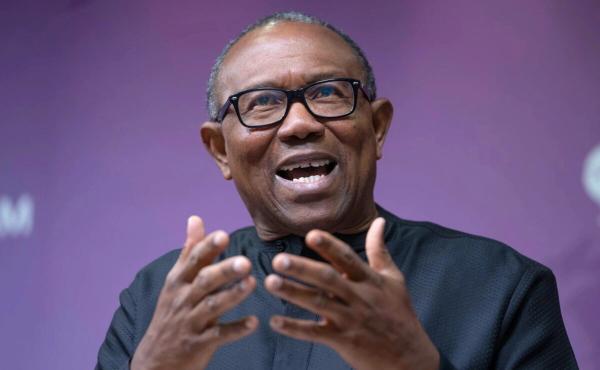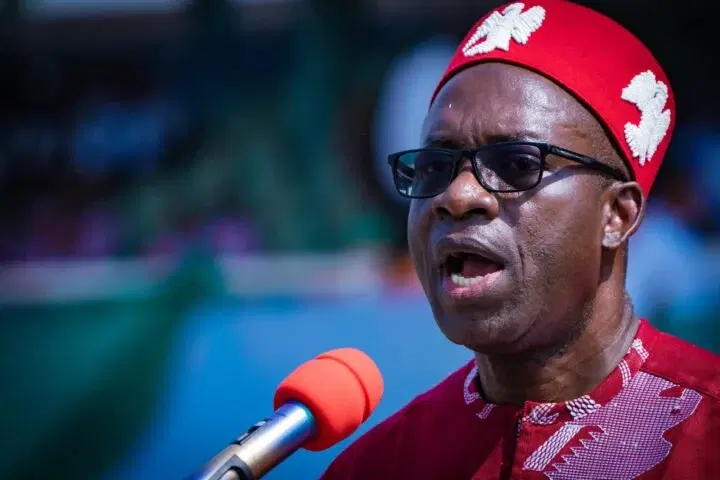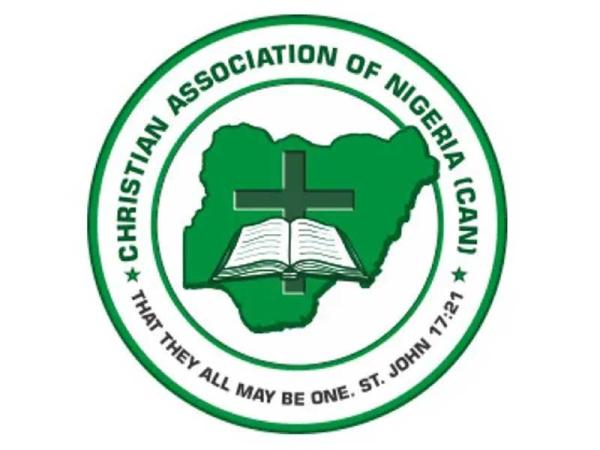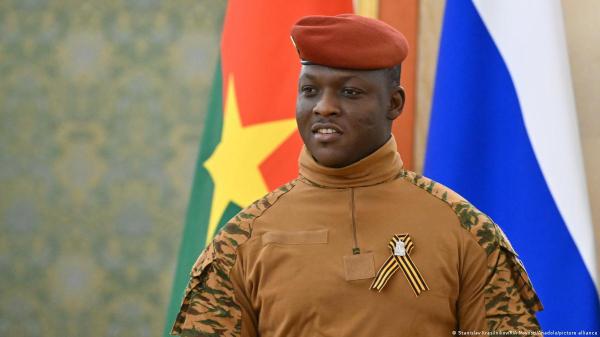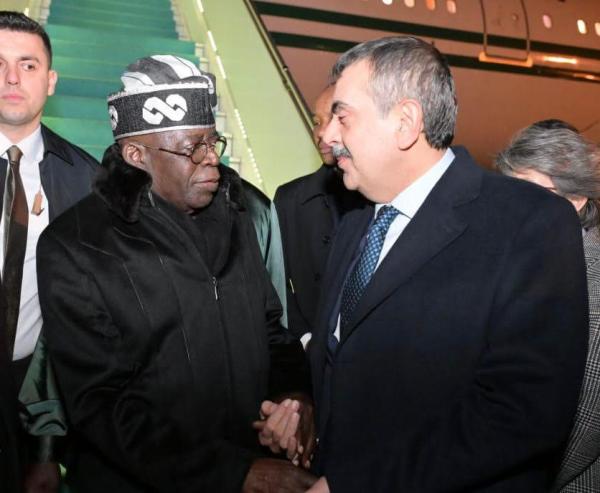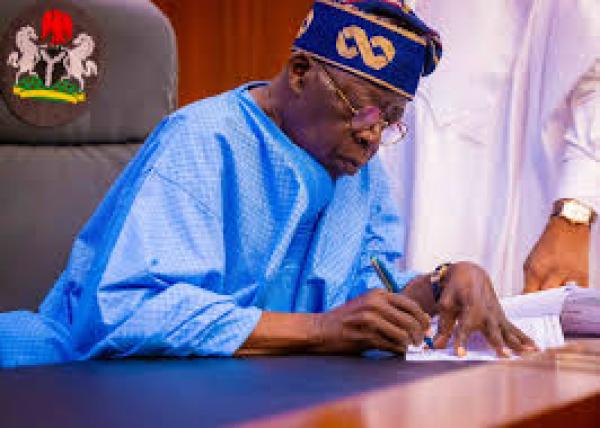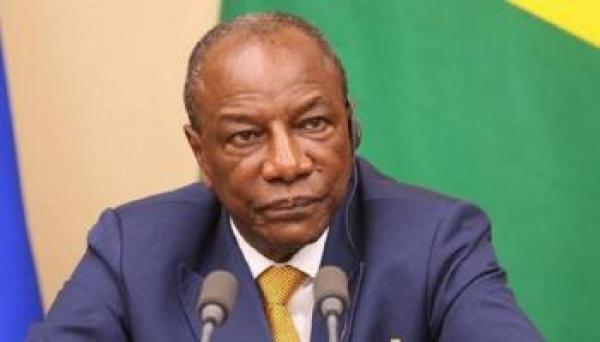
Guinea’s ruling junta on Saturday ruled out exile for detained former president Alpha Conde and said transition towards civilian rule would be done in accordance with “the will of the people”.
The statement from the ruling council came in defiance of international pressure for Conde’s release and a six-month timetable for elections after a coup on September 5 sparked global condemnation.
It also followed the visit on Friday of a mission from ECOWAS led by two heads of state from the 15-member West African bloc.
Mamady Doumbouya, the colonel who led the coup, told the visiting delegation that “it was important for ECOWAS to listen to the legitimate aspirations of the people of Guinea,” said a junta spokesman, Colonel Amara Camara, at the ruling council’s first press conference on the six-month deadline.
Doumbouya stressed the need not to repeat the “mistakes of the past”, recalling that national consultations to outline the transition had begun on Tuesday and that “only the sovereign people of Guinea will decide its destiny”, Camara said.
“It is also clear to all parties that the former president will remain in Guinea,” he added.
During their visit, the Ghanaian head of state Nana Akufo-Addo, whose country holds the rotating presidency of ECOWAS, and his Ivorian counterpart Alassane Ouattara, presented the junta with the organisation’s demands for elections within six months.
They also insisted on the release of Conde.
“We had very frank, fraternal talks with Colonel Doumbouya and his associates and collaborators and I think that ECOWAS and Guinea will find a way to walk together,” Akufo-Addo said at the end of the visit.
The ruling council, which now designates Doumbouya as “President of the Republic and Head of State”, said that the consultation sessions scheduled for Friday with banks, insurance companies and unions would be held on Saturday.
This consultation will continue next week, it announced, including Monday meetings with cultural actors, press associations and those within the informal sector.
The military has already held talks with political parties, religious leaders, the heads of mining companies, key players in this poor but resource-rich country, and other figures.












